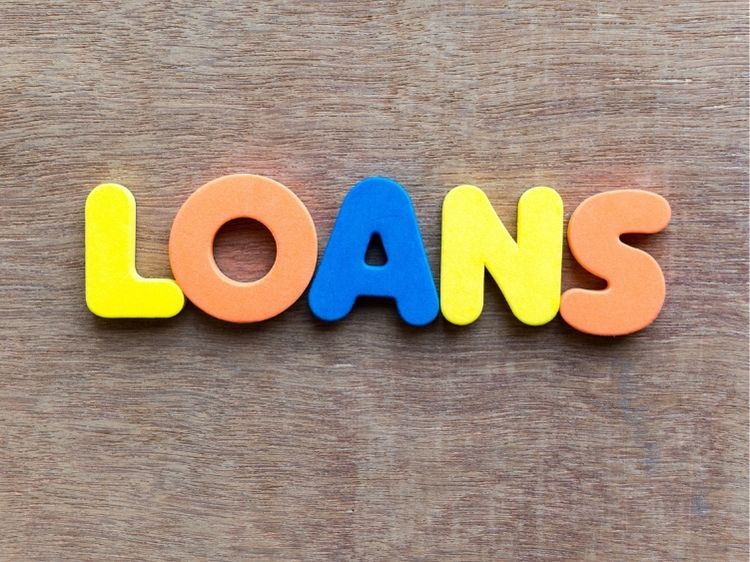If you’re planning to buy a car, you’ve likely heard the term “car loan rates” thrown around a lot. But what do car loan rates really mean, and how can they impact your finances? Whether you’re buying your first car, upgrading, or refinancing, understanding car loan rates is crucial to saving money. In this guide, we’ll cover the essentials of car loan rates, factors influencing them, tips for getting the best rate, and FAQs to clear up common questions. Let’s dive into the world of car financing and take the mystery out of interest rates!
What Are Car Loan Rates?
In a nutshell, car loan rates are the interest you’ll pay on the money borrowed to purchase a vehicle. This rate is applied to your loan principal (the amount you borrowed), and over time, you’ll repay both the principal and the accumulated interest.
How Car Loan Rates Work
When you take out a car loan, the lender sets an interest rate based on several factors, including your credit score, loan term, and down payment. This rate will determine how much you’ll pay monthly over the life of the loan.
- Fixed-Rate Loans
- These loans come with a stable interest rate throughout the loan term, so your monthly payments stay consistent.
- Variable-Rate Loans
- These loans fluctuate with market interest rates, meaning your payments could vary from month to month.
Factors That Influence Car Loan Rates
Understanding what affects car loan rates can give you the upper hand when negotiating a loan. Here are some key factors lenders look at:
- Credit Score
Higher credit scores usually qualify for lower rates because they show lenders you’re a reliable borrower. - Loan Term
Shorter terms typically have lower rates, but the monthly payments are higher. On the other hand, longer terms spread payments out more but often come with slightly higher interest. - Down Payment
A larger down payment reduces the loan principal, which can qualify you for a better rate since the lender’s risk is reduced. - Economic Conditions
Car loan rates also vary based on national economic conditions. Rates tend to rise during economic growth periods and drop when the economy slows.
How to Get the Best Car Loan Rates
Securing a favorable car loan rate can save you thousands over the life of the loan. Here are some expert tips to help you land the best deal:
1. Check Your Credit Report
- Start by reviewing your credit report to ensure it’s error-free. Clear up any issues and aim to boost your credit score if it’s not already in good standing.
2. Compare Lenders
- Don’t settle for the first offer you receive. Compare rates from banks, credit unions, and online lenders. Credit unions often have competitive rates, especially if you have a strong history with them.
3. Negotiate Terms
- You might have more negotiating power than you think, especially if you come prepared. Use your research to negotiate a better rate or ask for added benefits, like reducing fees.
4. Opt for a Shorter Loan Term
- While longer terms have lower monthly payments, shorter terms often come with lower interest rates, ultimately saving you money.
5. Make a Large Down Payment
- A larger down payment shows lenders that you’re serious about the purchase and reduces their risk, which may qualify you for a better rate.
Common Car Loan Rates by Credit Score
| Credit Score Range | Typical APR (Annual Percentage Rate) |
| 720+ | 3.5% – 4.5% |
| 680-719 | 4.5% – 6.0% |
| 640-679 | 6.0% – 9.0% |
| 600-639 | 9.0% – 12.0% |
| Below 600 | 12.0% or higher |
Pro Tip: Aim for a credit score above 680 for a decent rate. However, a score over 720 can help secure the most competitive rates.
Car Loan Rates: New vs. Used Cars
It’s common to find lower rates for new car loans compared to used ones. This is because new cars have a higher resale value, reducing the lender’s risk. Here’s a quick look:
- New Car Loan Rates: Generally, these rates range from 3% to 6%.
- Used Car Loan Rates: These rates often fall between 5% and 10%.
If you’re financing a used car, be sure to factor in potential higher interest, and consider negotiating terms with the lender based on your research.
The Importance of the Annual Percentage Rate (APR)
When shopping for car loans, the APR offers a comprehensive view of your total borrowing cost, including interest and fees. Make sure you’re comparing the APR across loan offers, not just the interest rate, to understand the real cost of the loan.
How Car Loan Rates Impact Monthly Payments
The interest rate you secure directly impacts your monthly payment and the total amount you’ll pay over the life of the loan. Here’s how it works:
- Higher Interest Rates: Increase your monthly payments and total loan cost.
- Lower Interest Rates: Reduce your monthly payments and the overall cost of the loan.
Frequently Asked Questions about Car Loan Rates
- What credit score is needed for a good car loan rate?
Generally, a credit score of 720 or above qualifies for the best rates. A score above 680 is also considered solid but may come with slightly higher rates. - Can I negotiate car loan rates?
Yes, many lenders allow negotiation, especially if you have strong credit, a substantial down payment, or multiple loan offers from different lenders. - Should I choose a fixed or variable-rate loan?
It depends on your comfort with payment fluctuations. Fixed-rate loans provide consistent monthly payments, while variable rates might start low but can increase over time. - How can I lower my car loan interest rate?
Focus on improving your credit score, making a larger down payment, and opting for a shorter loan term. - Is it better to get financing from a dealership or a bank?
Dealerships may offer promotional rates, but it’s wise to compare offers from both banks and credit unions, as they often have competitive rates.
Summary
Car loan rates can make or break your budget when financing a vehicle. By understanding how these rates work, knowing what factors influence them, and using strategies to secure the best rate, you’ll be well-equipped to make a smart financial decision. Remember, a small difference in interest rates can add up to substantial savings, so take the time to shop around, compare offers, and consider your options carefully.
Authoritative Sources for Further Reading:
- Consumer Financial Protection Bureau (CFPB): www.consumerfinance.gov
- Federal Trade Commission (FTC): www.ftc.gov
- NerdWallet: www.nerdwallet.com






